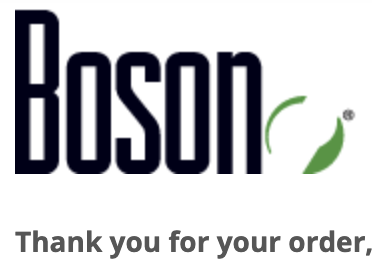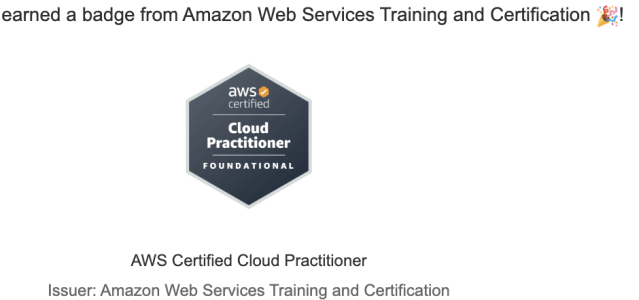 yanky
yanky
Are you planning on working in tech immediately upon graduation? From what you've mentioned so far, that's probably going to be nearly impossible.
- Lack of any programming courses: codeacademy may have helped you break into coding, but questions on technical interviews include some academia as well (if this is for a developer role).
i.e. You learned the sort method/function for a given language online, but I've sat in interviews where they ask "what sort algorithm is faster between bubble-sort, merge-sort, etc". A CS major may be able to recall their Big-O to answer or make a close enough guess. I've never seen that mentioned on any of these tutorial sites.
- Low GPA: Most companies aren't looking for someone below a 3.0 in this field. Those that do may want you to have a 3.0 in the related CS courses or some related work experience (internship, school help desk, side-projects, etc).
Since you still have 2 semesters left, I'd suggest at least throwing in a "Intro to Programming" class, or an intermediate one, to have something on your transcript. Continue with the self learning as well. If you're not trying to get into the field immediately, maybe taking classes at a community college for an associates/certifican would help?
Again, not impossible, just nearly. I've worked with a guy who was a linguistics major with little to no experience in programming. I guess linguistics can be applied to understanding code syntax, and writing it the best way possible, etc.. I never knew.




































